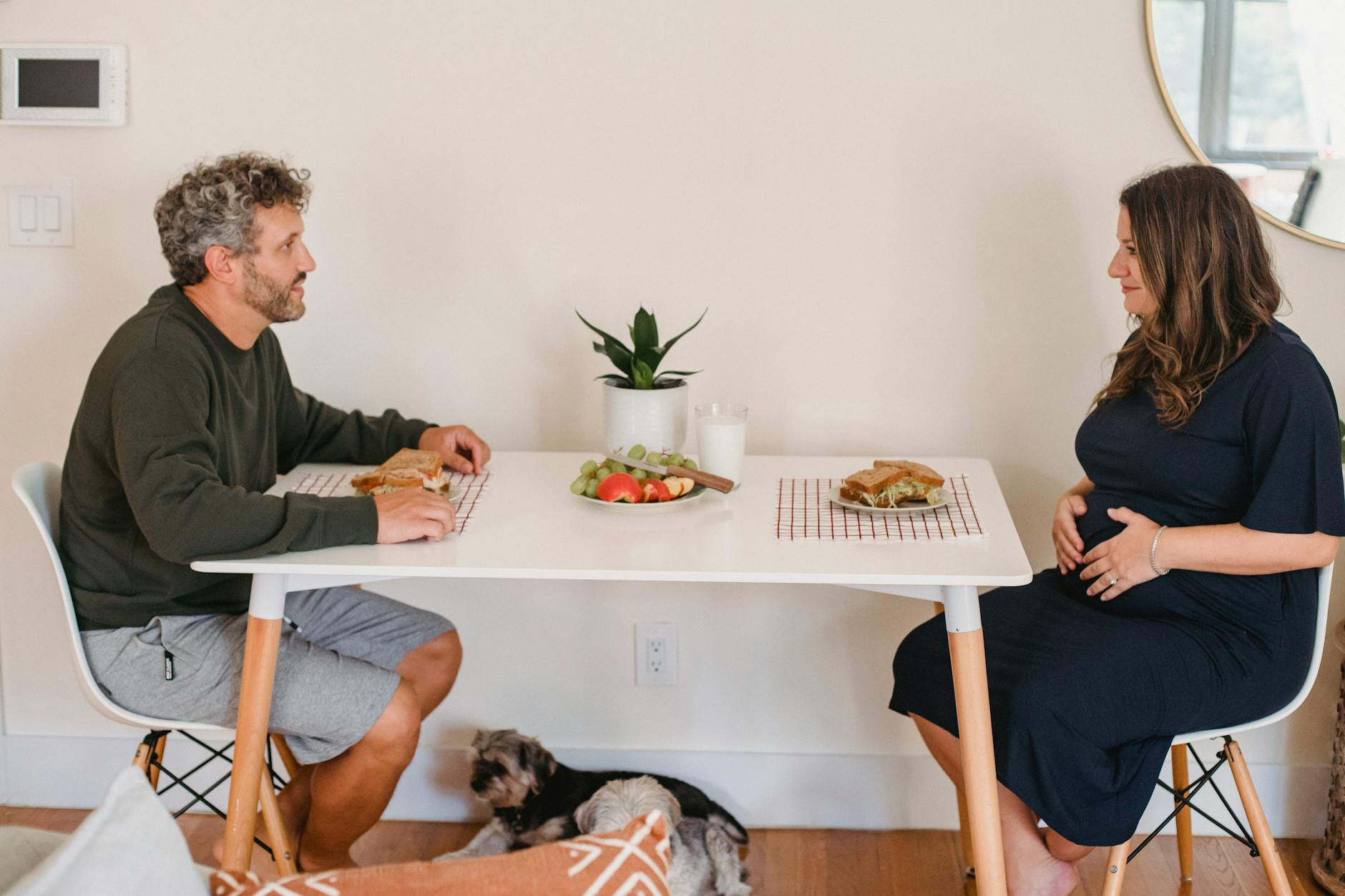

Okay, you’ve heard of couples who didn’t work out because they have a different religion, race, and cultural background. Others found themselves incompatible because of a big age gap, contrasting social status, and conflicting interests and goals. But have you ever heard about couples who gave up on each other because they have entirely different… food choices?
If you don’t have the same dilemma, then it might be easy for you to say, “just have a separate menu and don’t turn this small issue into a big deal”. But if you’re a carnivore and he’s a fully-committed vegan, or if you’re a foodie and he’s got a lot of food allergies and dietary no-nos, then you’ll know that the solution is easier said than done. Just think about how hassle it would be to host family gatherings, birthdays, anniversaries, and even regular daily meals if you’re always thinking about what and what not to eat?
Eating is more than just a means to survive. Food plays a big role in relationships. It’s an experience. The appreciation of food sparks meaningful conversation. It fosters bonding and connection. It’s already challenging enough to merge two individuals with different personalities… and adding opposite eating habits into the mix makes it more difficult.
Fortunately, there are a couple of ways to find the middle ground and make this setup work. Read on to turn the unpleasant situation around and improve your relationship.
1. First things first: remember that their diet is just a part of them

There’s more to relationships than food choices. There’s more to a person than their dietary restrictions. It’s not their entire individuality. It’s just a part of them. You love your partner for who they are, not for what they eat.
Focus on mutual interests when it comes to music, arts, films, political views, and other topics. Enrich your friendship and intimacy with quality bonding and communication. If possible, consider online couples counseling, to learn ways to settle your differences.
2. Make compromises to enjoy a meal together

If you’re the one with a more relaxed and flexible diet, try to bend the rules where possible. For instance, if your partner is into intermittent fasting and doesn’t eat breakfast before noon, you can make small adjustments by having a brunch at noon so you can eat together. It can be on the weekends. If you’re dating a vegetarian, having one meatless day per week wouldn’t hurt.
You can also create meals that are customizable, such as recipes that allow the meat to be prepared separately. Your partner will feel understood and appreciated.
3. Don’t force change
The first step to respecting each other’s diet preferences is to understand where they’re coming from. Know their goals and beliefs. You can educate them about the benefits of a specific lifestyle, but don’t shove them down your partner’s throat and force them to fully convert.
Don’t push your partner to change their diet whether it’s for their benefit or yours. Likewise, don’t change your diet to fit your partner’s. Instead, try to learn together by doing your research and seeing a licensed nutritionist.
4. Find that fun medium

It’s not always black or white. There’s got to be a gray area in there. Is there something you both like to eat that lies in the middle of your Venn diagram? Focus on those similarities and shared interests. Coffee, perhaps?
List down the foods you mutually like and eat them together more often. Look for recipes that incorporate the ingredients you both crave for. When you change the conversation to the things you both love, as opposed to what you don’t, you’ll find it easier to enjoy the same meal together.
5. Cook together

Can’t eat together due to a different eating schedule imposed by your diets? You can always find time to prepare food together.
Cooking is a simple way to get closer to someone you love. Make the kitchen a place of bonding, not a battleground. Find recipes that cater to both of your restrictions. Pick out ingredients together. Play around with new flavors and dishes.
6. Respect and show your support
You have your reasons why you’re into a particular diet plan. Whether it’s for your health or ethical or religious purposes, your reasons are valid. But that doesn’t make your partner’s food choices wrong.
Nobody wants to hear criticisms when they’re trying to make healthier decisions for themselves or when they’re eating in such a way to feel happier.
Respect each other’s preferences and support the life choices they’ve made for themselves. While you’re not on the same page when it comes to food, you can both agree on the benefits of mutual respect and support in a relationship.
7. Enjoy the moment
You may not be eating the same thing but that doesn’t mean you can’t enjoy your dining experience together. Simply relish the moments of you, sitting in front of your partner at the dinner table, Exchange fun, engaging stories and create beautiful memories while fueling yourselves with the food you love.